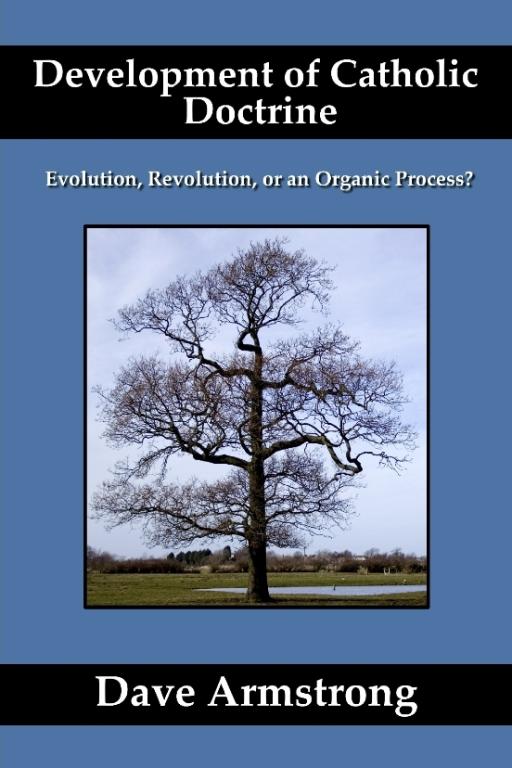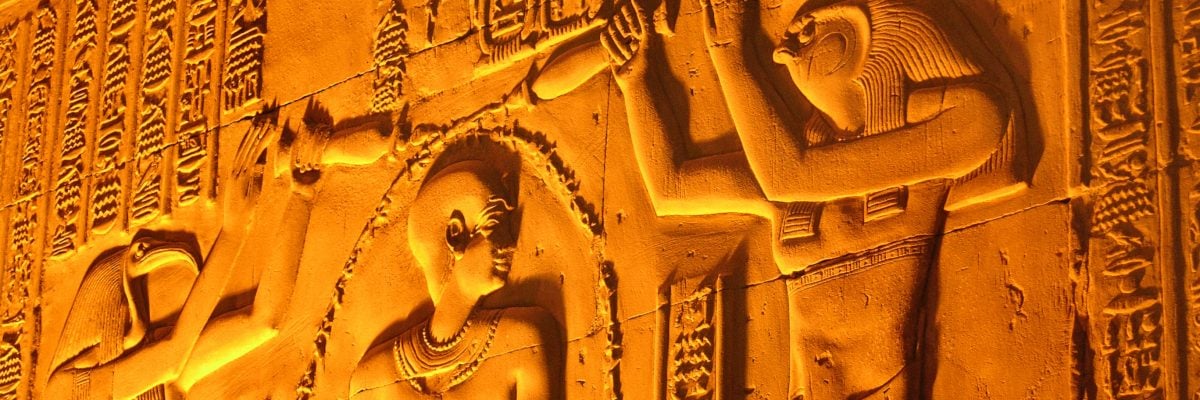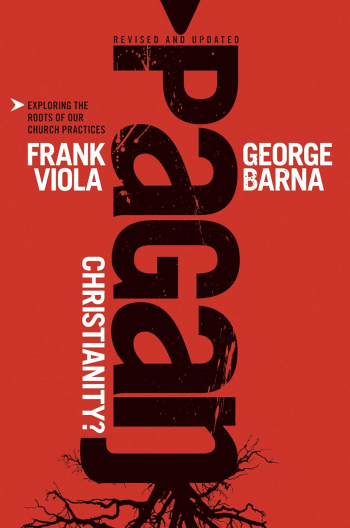Illuminator
Well-Known Member
God's Word mandates Tradition. Your problem is changing the meaning of "Tradition" into a dirty word. The Bible doesn't do that. Tradition, properly understood, (which it never is with Hislopites like you), comes from the same divine wellspring as Scripture, it's not an add on. God is not limited to ONE means of transmitting His Word. It's all the same WORD.That is the issue, they go beyond and against what Christ taught, and declare they have the 'authority' from 'tradition', but it is not what we have in Gods Word.
Many Protestants (especially anti-Catholic ones) hold, by and large, the view that Scripture and sacred, apostolic tradition are somehow unalterably opposed to each other and, for all practical purposes, mutually exclusive. This is yet another example of a false dichotomy which Protestantism often (unfortunately) tends to create (e.g., faith vs. works, matter vs. spirit). The Bible, however, presupposes tradition as an entity prior to and larger than itself, from which it is derived, not as some sort of “dirty word.”
It is one thing to wrongly assert that Catholic tradition (the beliefs and dogmas which the Church claims to have preserved intact passed down from Christ and the apostles) is corrupt, excessive and unbiblical. It is quite another to think that the very concept of tradition is contrary to the outlook of the Bible and pure, essential Christianity. This is, broadly speaking, a popular and widespread variant of the distinctive Protestant viewpoint of sola Scriptura, or “Scripture Alone,” which was one of the rallying cries of the Protestant Revolt in the 16th century. It remains the supreme principle of authority, or “rule of faith” for evangelical Protestants today. Sola Scriptura by its very nature tends to pit tradition against the Bible.
First of all, one might also loosely define tradition as the authoritative and authentic Christian history of theological doctrines and devotional practices. Christianity, like Judaism before it, is fundamentally grounded in history: in the earth-shattering historical events in the life of Jesus Christ (the incarnation, miracles, crucifixion, resurrection, ascension, etc.). Eyewitnesses (Lk 1:1-2, Acts 1:1-3, 2 Pet 1:16-18) communicated these true stories to the first Christians, who in turn passed them on to other Christians (under the guidance of the Church’s authority) down through the ages. Therefore, Christian tradition, defined as authentic Church history, is unavoidable.
Many Protestants read the accounts of Jesus’ conflicts with the Pharisees and get the idea that He was utterly opposed to all tradition whatsoever. This is false. A close reading of passages such as Matthew 15:3-9 and Mark 7: 8-13 will reveal that He only condemned corrupt traditions of men, not tradition per se. He uses qualifying phrases like “your tradition,” “commandments of men,” “tradition of men,” as opposed to “the commandment of God.” St. Paul draws precisely the same contrast in Colossians 2:8: “See to it that no one makes a prey of you by philosophy and empty deceit, according to human tradition, according to the elemental spirits of the universe, and not according to Christ.”
The New Testament explicitly teaches that traditions can be either good (from God) or bad (from men, when against God’s true traditions). Corrupt pharisaic teachings were a bad tradition (but many of their legitimate teachings were recognized by Jesus; see, e.g., Matthew 23:3). The spoken gospel and the apostolic writings which eventually were formulated as Holy Scripture (authoritatively recognized by the Church in 397 A. D. at the council of Carthage) were altogether good: the authentic Christian tradition as revealed by the incarnate God to the apostles.
The Greek word for “tradition” in the New Testament is paradosis. It occurs in Colossians 2:8, and in the following three passages:
1 Corinthians 11:2 (RSV) . . . maintain the traditions even as I have delivered them to you. (NRSV, NEB, REB, NKJV, NASB all use “tradition".
2 Thessalonians 2:15 So then, brethren, stand firm and hold to the traditions which you were taught by us, either by word of mouth or by letter.
2 Thessalonians 3:6: Now we command you, brethren, in the name of our Lord Jesus Christ, that you keep away from any brother who is living in idleness and not in accord with the tradition that you received from us.
Note that St. Paul draws no qualitative distinction between written and oral tradition. He doesn’t regard oral Christian tradition as bad and undesirable. Rather, this false belief is, ironically, itself an unbiblical “tradition of men.”





